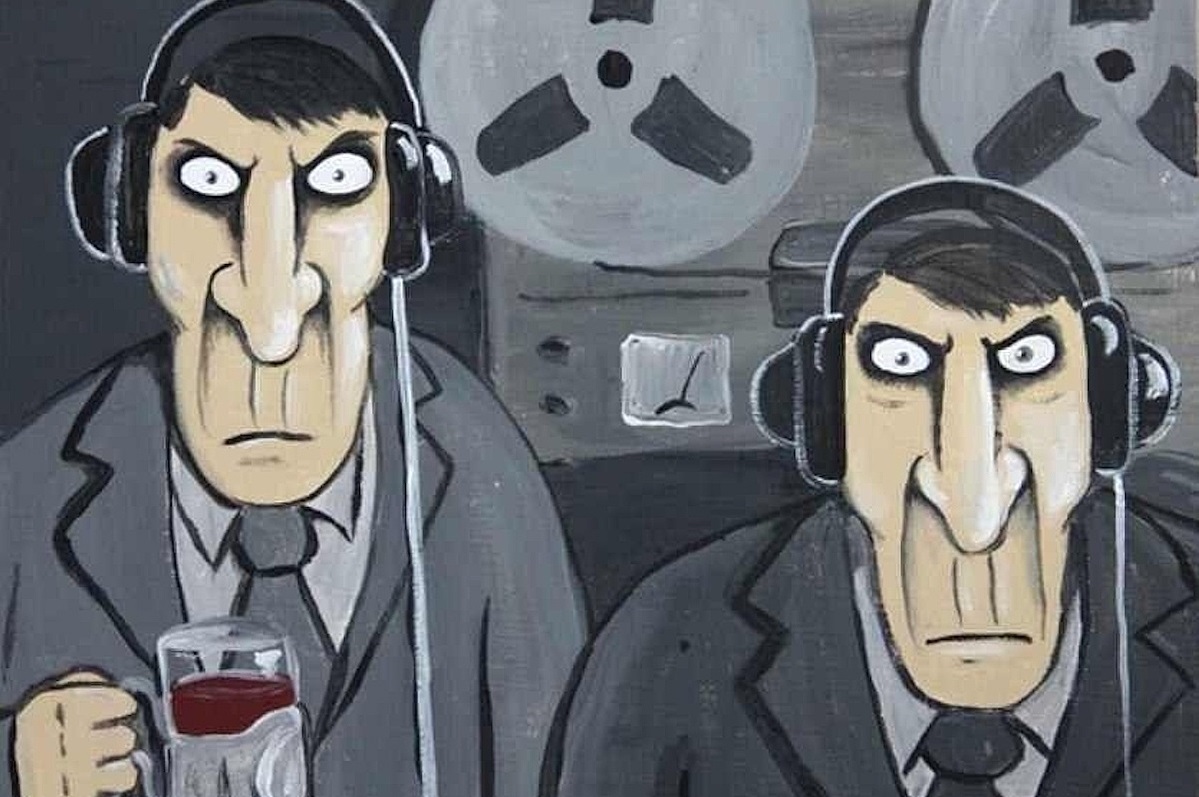The regime is stirring up anxiety within the CIS intelligence community by pointing fingers at what it claims are the West’s cunning plans
 The situation has not changed
The situation has not changed

During a meeting of CIS intelligence officers in Minsk, the Belarusian side aimed to rally post-Soviet countries around Russia and Belarus to counter Western geopolitical pressure. President Lukashenka spilled the beans on what he portrayed as underhanded schemes by Western intelligence services to destabilize CIS countries and break apart the post-Soviet space.
On December 19, the heads of security and intelligence agencies of CIS countries gathered in Minsk to discuss “Improving the forms and methods of cooperation to counter the West’s efforts to destabilize the situation in the Commonwealth.” Lukashenka seized the opportunity to reiterate Minsk’s stance on regional and global affairs.
He expressed concerns about political and sanctions pressure from the West, primarily the United States, and criticized the degradation of international structures, including the OSCE, the Organization for the Prohibition of Chemical Weapons, and the international organization of the Red Cross. Lukashenka argued that the CIS is not becoming safer, citing growing tensions worldwide, smoldering conflicts escalating, and hybrid proxy wars erupting.
According to Lukashenka, a key objective of NATO’s intelligence community and their allies is to disintegrate the post-Soviet space, creating divisions among countries. The West allegedly exerts destructive influence on populations through cyber attacks on government agencies’ critical infrastructure and the dissemination of fake news.
Lukashenka accused Western intelligence agencies of aggressive actions, including using terrorist agents and extremist cells for operations in Russia and Belarus. He claimed that the West’s goal is to pass through the “cordon sanitaire” and “exit through Smolensk, as always, to Moscow,” which Belarus and Russia cannot allow.
KGB Chairman Ivan Tertel supported Lukashenka’s claims, revealing plans for ‘military groups’ in Poland for the seizure of objects and terrorist attacks in Belarus. The West’s alleged main tasks include disrupting integration processes with Russia and other post-Soviet countries, causing splits in power structures and elites of Belarus, changing geopolitical orientation, and altering the constitutional system.
Lukashenka reiterated his geopolitical loyalty to Russia, recognizing it as a cementing, unifying force in the post-Soviet space. He echoed Russian propaganda, emphasizing that Russia was provoked into a conflict, particularly through discrimination against citizens in Ukraine based on their nationality. Lukashenka urged conflicting parties to negotiate, suggesting Russia’s readiness for talks. He also echoed the Russian Foreign Intelligence Service’s assessments of the internal political situation in Ukraine, proposing negotiations with the Ukrainian military for peace.
Lukashenka framed the conflict as a Russian war against the West, asserting Belarus’s unwavering support for its ally, Russia. The director of the Foreign Intelligence Service of the Russian Federation, Sergei Naryshkin, confirmed that the Western bloc, led by the United States, views the Union State of Belarus and Russia as a single geopolitical center of power capable of withstanding external threats.
Subscribe to our newsletter




Situation in Belarus
Constitutional referendum: main consequences


 Video
Video
How to count the political prisoners: are the new criteria needed?


 Video
Video
Paternalism In Decline, Belarusian Euroscepticism, And The Influence Of Russia


 Video
Video












